Despite bullying, Sherburne student ‘spreads love’
SHERBURNE – In response to a Twitter page created to bully her peers, Sherburne Earlville Central School student created a Facebook account to “spread love” by writing positive messages about her classmates in order to combat the negativity.
16-year-old sophomore, Colleen Eggers, never actually visited the infamous Twitter page that was a hot topic of conversation at her school, but she overheard conversations about it and saw Facebook statuses and tweets that egged the anonymous account on.
According the Eggers, the account was fortunately taken down, but she heard the page was “absolutely awful” in every way.
“The name was even ridiculous ... Not only was the person behind it cruel, but they were also extremely childish. It really frustrated me that someone would do such a thing,” said Eggers.
Eggers said classmates laughed about the bully account because they thought it was funny people were being “exposed” online “for no good reason.” Students were getting hurt whether they wanted to admit it or not, she said.
“At this point, [some students in] our school practically lost hope for some of our classmates,” said Eggers. “Students like to say bullying rarely happens, but that's only because we never really hear about it going on.”
The high school sophomore said bullying should be called “harassment” at this point, because students ages 13 to 19 are old enough to know better and that it is not “okay to be malicious.”


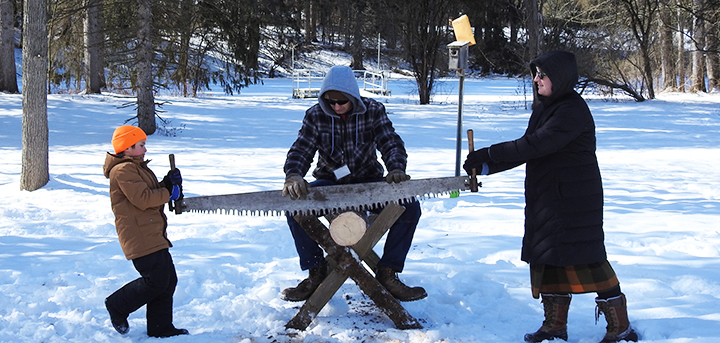
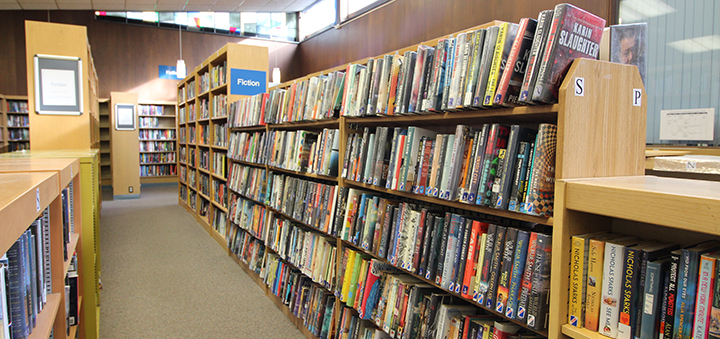
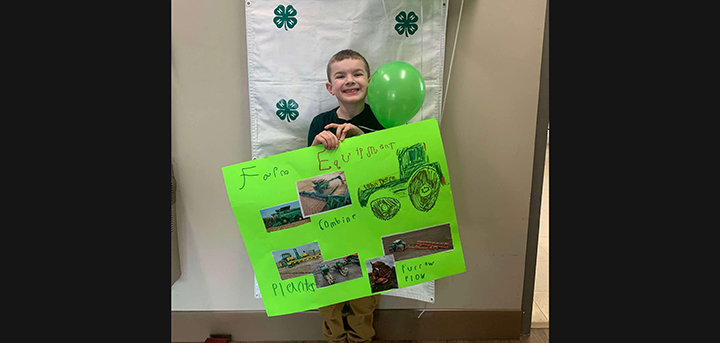
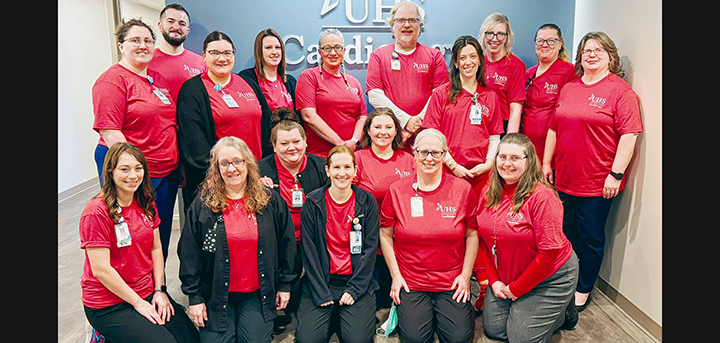

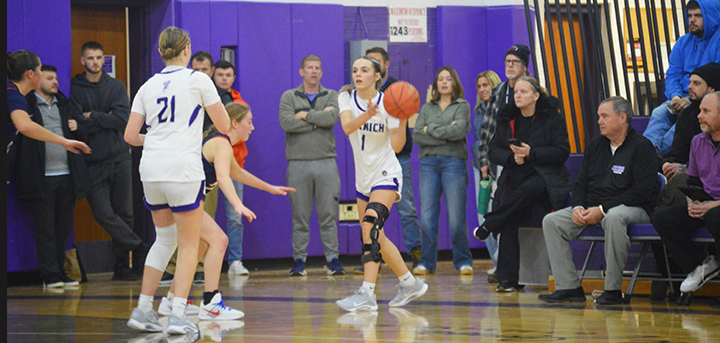

Comments